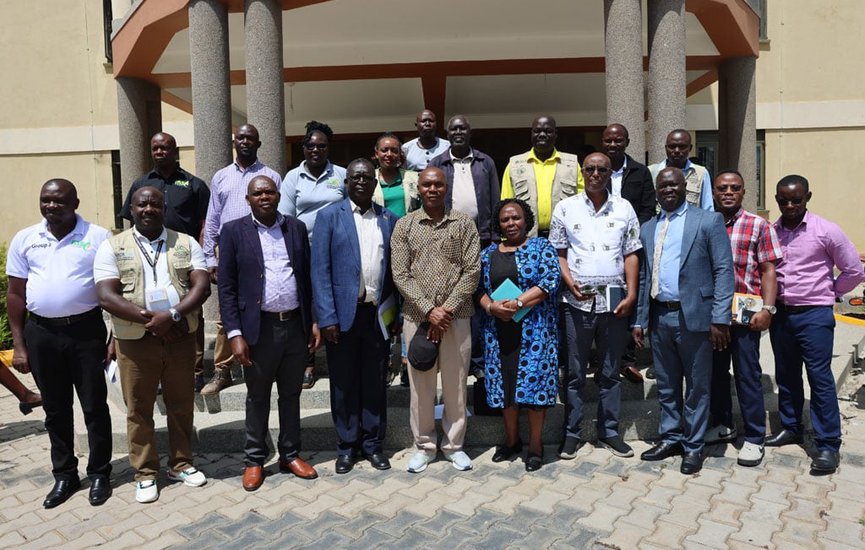Uganda’s efforts to boost local development and fight poverty have received a major boost after the Islamic Development Bank (IsDB) approved the second phase of the Local Economic Growth Support (LEGS) Project. The decision follows the bank’s recent review of the project’s first phase, which was praised for its strong results and community impact.
During a monitoring visit to Katakwi District, the IsDB’s Regional Hub Manager in Kampala, Mr. Umar Iddrisu, commended Uganda for effectively implementing the project. He noted that Uganda’s performance stood out among countries benefiting from similar IsDB initiatives, describing it as a model for community-driven development. He further applauded the teamwork between the Ministry of Local Government, the Millennium Promise Alliance, and the Microfinance Support Centre for their commitment to transforming rural livelihoods.
The LEGS Project, first launched in 2019, was designed to promote local economic growth by improving infrastructure and supporting small enterprises. Under its first phase, the project was rolled out in 17 districts, where it helped to build community access roads, install water facilities for both domestic and commercial use, and establish bulking and agro-processing centers to support farmers. These interventions have opened up markets, created employment opportunities, and enhanced income generation in rural areas.
Following the success of Phase I, the Islamic Development Bank approved the second phase, which will begin in 2026. The expansion will see the project extended to 55 districts across Uganda, targeting thousands of households. The second phase will place greater focus on addressing climate change challenges, empowering women and youth, promoting inclusive participation for persons with disabilities, and improving value chains in agriculture and agro-processing.
Government officials welcomed the decision, saying that it reinforces Uganda’s commitment to decentralised development and aligns with the country’s Vision 2040 goals. According to project leaders, the next phase will continue to strengthen rural infrastructure, improve access to finance, and expand livelihood opportunities, especially for farmers and small business owners.
The IsDB mission team, during its field assessments, held meetings with district leaders and beneficiaries to evaluate the project’s progress and community feedback. Many residents expressed appreciation for the tangible benefits brought by LEGS, including improved access to markets and social services. The team also identified lessons and best practices to guide the next phase of implementation.
As Uganda prepares for the rollout of Phase II, key activities will include finalising the financial framework, establishing monitoring and evaluation systems, and training local governments to sustain the gains made so far. With continued collaboration between the IsDB and the Government of Uganda, the project is expected to deepen its impact and serve as a benchmark for inclusive economic growth in Africa.
